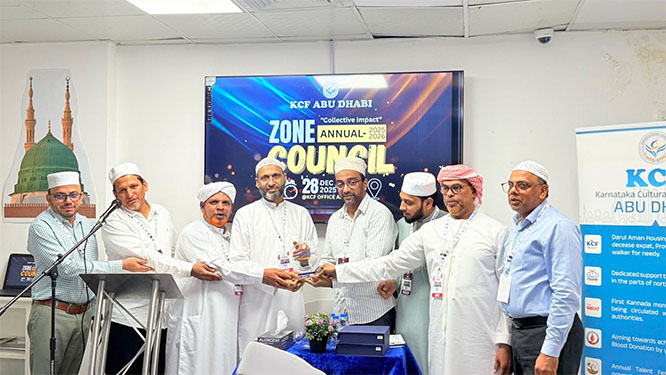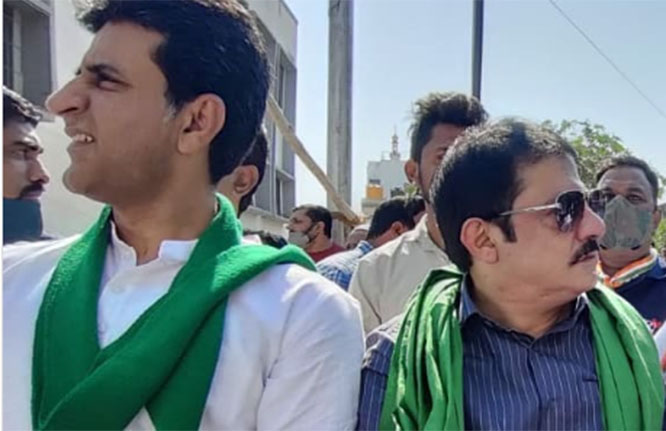Kuwait City, Mar 23: The Kuwaiti cabinet has announced that it would exempt those who had received an approved Covid-19 vaccine as well as Kuwaiti students from the compulsory hotel quarantine.
The revised measures come after the country last month said all travellers arriving on direct flights from high risk countries would have to resort to institutional quarantine in one of the local hotels for 14 days. Additionally, it had said travellers coming from the rest of the world would have to quarantine institutionally for one week and another week at home.
According to Foreign Minister and Minister of State for Cabinet Affairs, Dr Sheikh Ahmad Nasser Al Mohamad Al Sabah, the new rules will come into effect as of March 23.
The cabinet, headed by Prime Minister Sheikh Sabah Al Khaled Al Hamad Al Sabah, also announced that the nationwide curfew would be slightly relaxed and would now be from 6pm to 5am — as opposed to the earlier timings of 5pm to 5am.
It was also announced that restaurants and cafes would be allowed to provide home delivery services during the curfew.
Furthermore, residents would be allowed to engage in outdoor exercises from 6pm to 8pm, provided they wore masks and adhered to social distancing rules.
The cabinet urged residents and citizens of the country to abide by social distancing rules, mask mandates and all other precautionary measures to curb the spread of Covid-19 in the country.









Comments
Add new comment